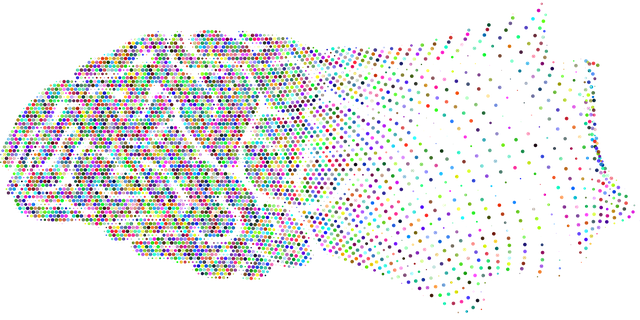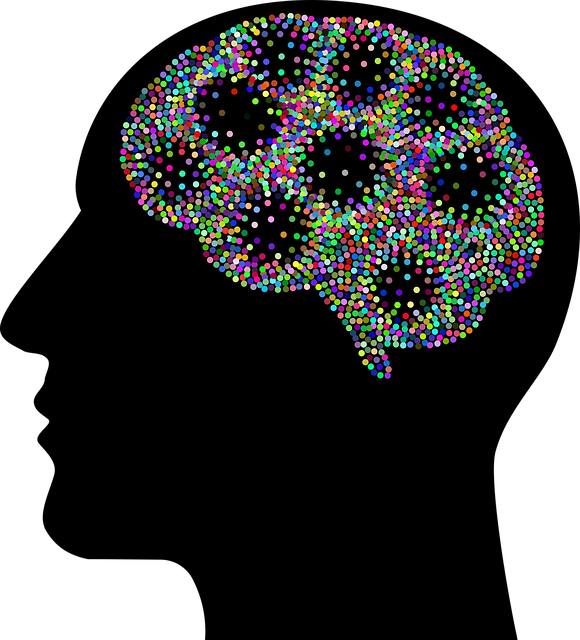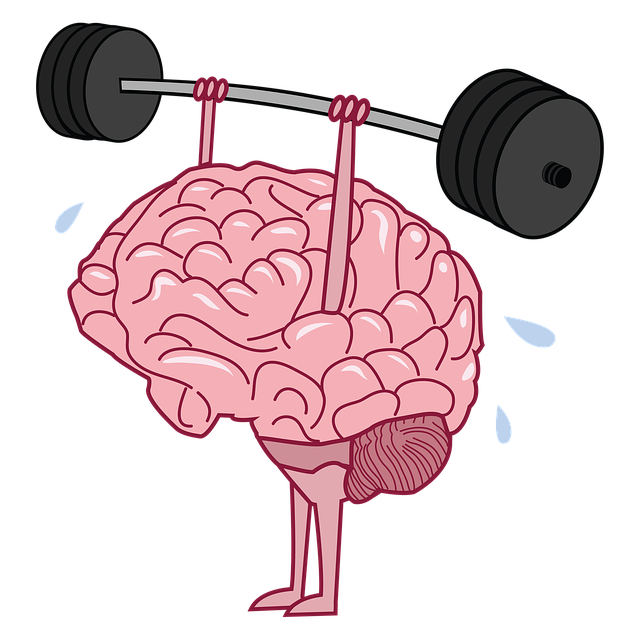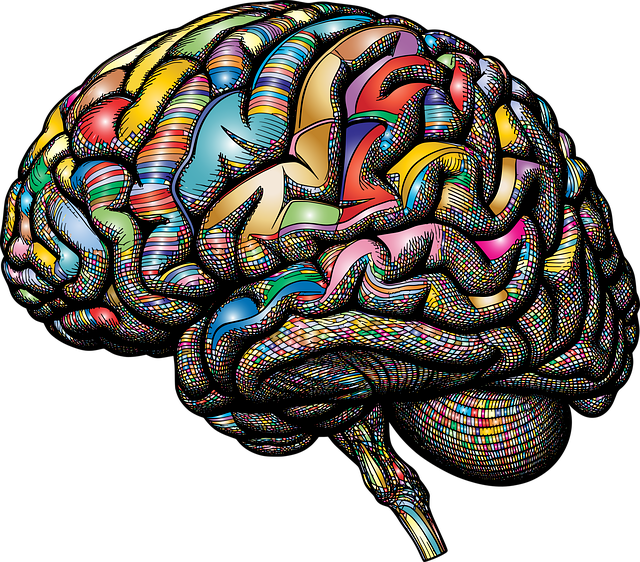For young adults managing chronic illnesses, understanding mood regulation is key to overall well-being. Integrated therapy and mental health education, including Cognitive Behavioral Therapy (CBT) and mindfulness practices, empower individuals to manage symptoms, improve quality of life, and reduce stigma. These holistic approaches, tailored to individual experiences, enhance self-management skills and foster resilience, enabling young adults to thrive despite challenges. Lifestyle modifications like healthy eating, exercise, and sleep also support mental wellness.
Mood regulation is a critical aspect of managing chronic illnesses for young adults. This comprehensive guide explores effective strategies to navigate emotional challenges, focusing on Cognitive-Behavioral Therapy (CBT) as a powerful tool for mood stabilization. We delve into alternative approaches like mindfulness, meditation, and lifestyle modifications, offering long-term solutions for well-being. Understanding the impact of mood regulation can empower young adults to effectively manage their chronic illnesses, enhancing their overall quality of life.
- Understanding Mood Regulation and Its Impact on Chronic Illness Management for Young Adults
- Cognitive-Behavioral Therapy (CBT): A Powerful Tool for Mood Stabilization
- Alternative Approaches: Mindfulness, Meditation, and Lifestyle Modifications for Long-Term Well-being
Understanding Mood Regulation and Its Impact on Chronic Illness Management for Young Adults

Understanding mood regulation is paramount for young adults navigating chronic illness management. Mood is a significant aspect of overall well-being, influencing how individuals cope with stress, interact with others, and persist in the face of challenges. For young adults living with chronic conditions, effective mood regulation strategies can be transformative, empowering them to manage symptoms, improve quality of life, and reduce health disparities often associated with mental health issues in this demographic.
Therapy for young adults with chronic illness, integrated with mental health education programs designed to promote positive thinking and stigma reduction efforts, offers a holistic approach to addressing the complex interplay between mood and physical health. By learning coping mechanisms tailored to their unique experiences, young adults can cultivate resilience, enhance self-management skills, and ultimately, improve their overall ability to thrive despite ongoing health challenges.
Cognitive-Behavioral Therapy (CBT): A Powerful Tool for Mood Stabilization

Cognitive Behavioral Therapy (CBT) stands out as a potent tool in the arsenal of mood stabilization strategies, particularly for young adults grappling with chronic illnesses. This therapeutic approach focuses on identifying and modifying negative thought patterns and behaviors that contribute to emotional distress. By teaching individuals to challenge distorted cognitions and adopt healthier coping mechanisms, CBT empowers them to manage their moods more effectively.
For those in the healthcare sector dealing with burnout prevention strategies, integrating CBT into self-care practices can be transformative. It helps professionals recognize and change unhelpful thought processes that may arise from the demands of their work, reducing the risk of mental illness and fostering resilience. Moreover, CBT plays a crucial role in Mental Illness Stigma Reduction Efforts by promoting understanding and acceptance, ultimately encouraging individuals to seek help without fear of judgment.
Alternative Approaches: Mindfulness, Meditation, and Lifestyle Modifications for Long-Term Well-being

In addition to traditional therapy for young adults with chronic illnesses, alternative approaches like mindfulness and meditation offer powerful tools for mood regulation. These practices encourage individuals to cultivate present-moment awareness, fostering a deeper understanding of their emotional states and triggers. By integrating mindfulness into daily routines, one can develop enhanced self-regulation skills, leading to improved mental wellness coaching programs development.
Lifestyle modifications play a significant role in long-term well-being. This includes adopting healthy eating habits, engaging in regular physical activity, and prioritizing quality sleep. Such lifestyle changes not only support overall physical health but also positively impact mental health. Communication strategies derived from mindfulness practices enable individuals to express their emotions effectively, fostering compassion both within themselves and towards others. Compassion cultivation practices have been shown to reduce stress, enhance empathy, and promote a deeper sense of connection, all contributing to resilient mood regulation.
Mood regulation is a pivotal aspect of managing chronic illnesses in young adults. By understanding the impact of emotional instability and exploring evidence-based strategies like Cognitive-Behavioral Therapy (CBT) alongside alternative practices such as mindfulness, meditation, and lifestyle changes, individuals can achieve long-term well-being. These comprehensive approaches empower young adults to navigate their mental health challenges effectively, ultimately enhancing their overall quality of life.










